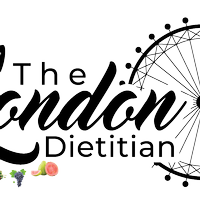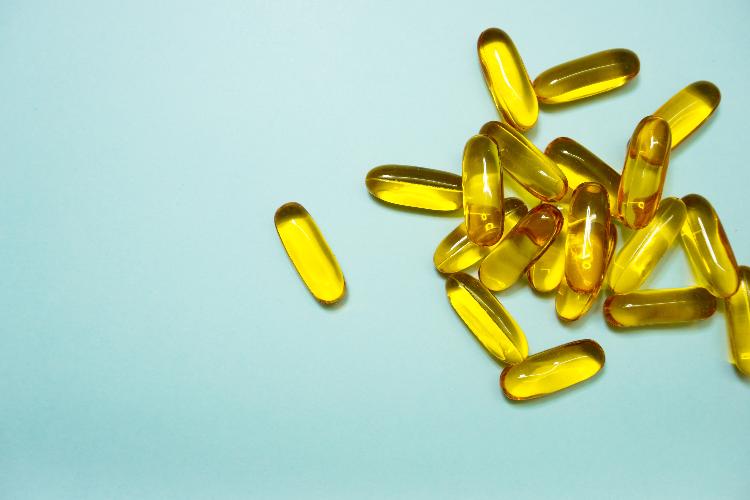Unless you’ve been living under a rock, it’s likely that you’ve heard about omega 3 fats. You may have heard how they can play a role in improving heart, brain and general health but recent research has shown that their benefits can extend to PCOS symptoms.
But first, lets understand what omega 3 fats actually are. They are a group of healthy fats that the human body cannot produce on its own, meaning that we have to consume them in order to obtain their health benefits. There are three different types and they go by the name of alpha-linoleic acid (ALA), eicosapentaenoic acid (EPA) and docosahexaenoic acid (DHA). ALA is plant-based and found in foods such as avocadoes, almonds, walnuts, hemp seeds, chia seeds, flaxseeds and oils such as olive and avocado oil. However, research has shown that the most effective forms of omega 3 that exert the positive effects are EPA and DHA, which are mostly found in oil fish such as trout, salmon, mackerel and sardine.
Now that we know what omega- 3 fats are, lets dive into their potential benefits.
1. Lower triglycerides
Triglycerides are fats that circulate in the blood.Women with PCOS have higher levels of triglycerides in their blood than the general population, which can lead to narrowed arteries, subsequently increasing the risk of heart attacks and strokes at a younger age. Studies have consistently shown that omega 3 supplements can help to reduce triglycerides levels by 20-30%.
2. Lower inflammation.
Let’s get one thing straight- not all inflammation is the body is ‘bad’. In fact, we actually need a small amount of it to help protect us against injuries and illness.In most people, the inflammation is short-lived and helps us to recover, however, women with PCOS have been shown to have a more chronic, low grade inflammation which can lead to symptoms such as menstrual cycle irregularity, fertility issues and increased risk of type 2 diabetes.
3. Improves fertility
Not all women with PCOS want to get pregnant, but for those that do, improving fertility is a key area to improve. Many women with PCOS have irregular periods, meaning that there are fewer chances throughout the year to get pregnant. Omega 3 fats have been shown in some studies to improve menstrual cycle regularity by up to 20%, in addition to improving the quality of the eggs themselves. A higher quality egg released during ovulation increases the chance of a pregnancy.
What should you take?
If you are vegetarian/vegan or allergic to fish, then consider taking an algae based supplement as it will also contain EPA and DHA.Avoid taking an ALA supplement because the conversion rate from ALA to EPA and DHA is very poor.
Alternatively, if you do not have a fish allergy and are not vegetarian/vegan, then a fish oil supplement will suffice. Be aware that cod liver oil and omega 3 oil are not the same thing.If you are trying to get pregnant, avoid cod liver oil as it can contain high levels of vitamin A which can be harmful to the health of a fetus.
Additionally, although omega 3 oils are generally safe, people with blood clotting disorders should speak with their doctor before starting this supplement as it can lead to blood thinning.
Ultimately, the best approach when it comes to supplements and PCOS, is to get a personalised plan just for you. If you are struggling with unwanted hair, constant fatigue, uncontrollable cravings and weight that is just not shifting, then you will likely benefit from a targeted nutrition and supplement plan to ease your symptoms. Click here to book a FREE strategy call and we can discuss how putting together a step-by-step plan will help you reverse your symptoms once and for all.

